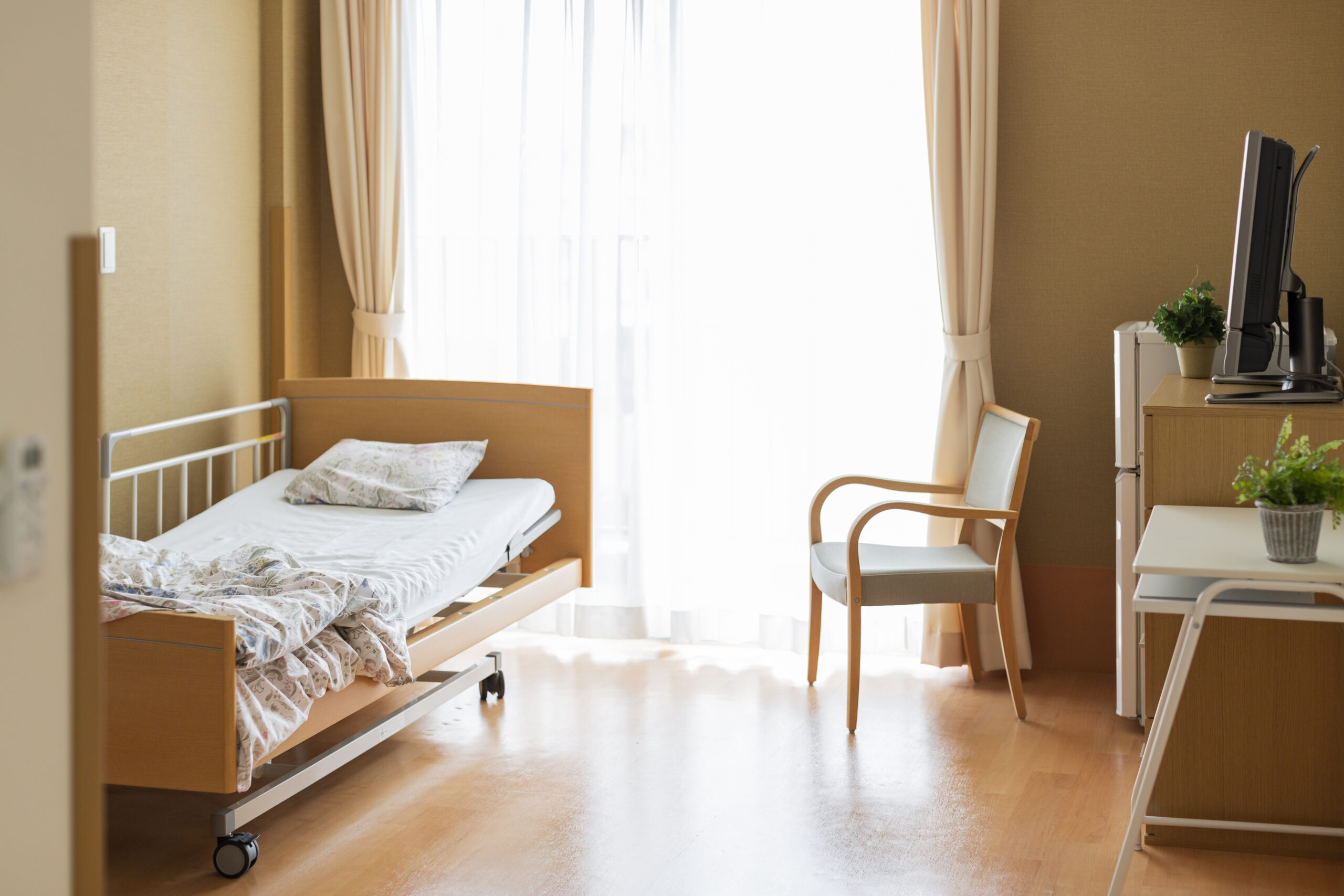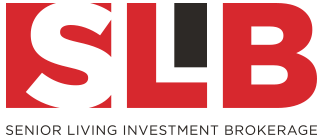
Based on a recently released IRS Memorandum, buildings that provide housing to seniors in communities that offer a variety of services are now classified as residential rental property. This includes facilities offering independent living, assisted living, and nursing care. There is no requirement stating a kitchen must be present in each unit in order to be eligible for the classification.
The benefit of the residential rental property classification is that a senior living building can be depreciated over a 27.5 year period instead of the 39-year period that applies to nonresidential rental property. Most owners do not hold a building long enough to full depreciate an asset. Therefore this increased basis will allow for additional tax shelter for owners.
In fact, even if your building is already being depreciated at the 39-year period you can reduce the depreciable life to 27.5 years. A Form 3115-Change in Accounting Method can be filed in order to make the correction. This change could translate into large tax savings and/or deferrals in the current year and on a go forward basis.
Please contact Bradley Clousing at (630) 858-2501 or clousing@slibinc.com for additional information or for a referral to a senior housing specific accounting firm.


